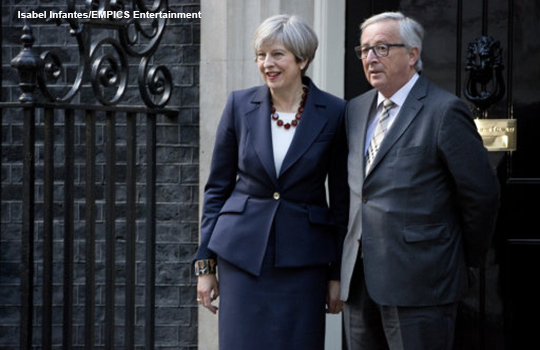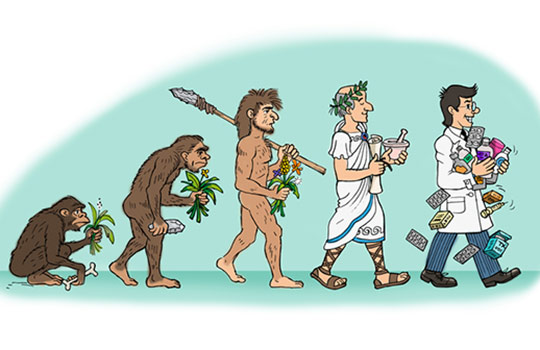You would think that the word “knowledge” comes from the word “know”, but it isn’t as simple as that. The Oxford English Dictionary (OED) only says “probably”. The problem is that the noun and the verb differ markedly in both chronological occurrence and the sources of their earliest uses. According to the OED, the noun […]
Category: Columnists
Nick Hopkinson: Conservatism and the cancer drugs fund

Decisions about healthcare inevitably involve choices around the allocation of finite resources. Democracy, if it is meaningful, is public reasoning. The National Institute for Health and Clinical Excellence (NICE), established by Frank Dobson in 1999, though imperfect, represents a worthy attempt to conduct a reasoned assessment of what a decent health service should provide. When […]
Richard Smith: Will I make it to 2045 and become immortal?

The Singularity, when men merge with machines and become immortal, is “pencilled in” for 2045. I learn this from Irish journalist Mark O’Connell’s meetings with transhumanists described in his book To Be A Machine: Adventures Among Cyborgs, Utopians, Hackers, and the Futurists Solving the Modest Problem of Death. If I’m still alive in 2045 I’ll […]
Jeffrey Aronson: When I use a word . . . Knowledge
As I discussed last week, new knowledge, not in itself research, is an important outcome of research and, through diffusion and dissemination, a tool for further research. GN, meaning to know and beget, with both cognitive and sexual connotations, is one of the most prolific IndoEuropean roots, with numerous forms: lengthened e-grade, GNĒ, o-grade, GNŌ, […]
Richard Smith: Roger Bacon on ignorance and peer review

The Franciscan philosopher Roger Bacon (c1214-1294), who some regard as the father of modern science, argued in his great text Opus Majus that there were four sources of ignorance: Frail and unsuited authority The influence of custom The opinion of the unlearned crowd The concealment of our ignorance in a display of apparent wisdom I […]
Martin McKee: The infamous Brexit dinner party—health was a major issue, but only for the EU

Discussions on Brexit have not got off to a good start, with health at the centre of the disagreement, even if the UK does not seem to realise it […]
Jeffrey Aronson: When I use a word . . . Defining research
Last week I proposed a definition of translational research and started to explore the problem of defining research itself. Previous definitions suggest six headings, relevant to all types of research. Pre-requisites Successful research requires certain personal attributes and cognitive processes: curiosity or wondering (how, whether, why, etc), both of which imply a desire to know […]
Richard Smith: Must doctors believe in progress?

Does being a doctor mean that you’re obliged to believe in progress? Richard Smith discusses […]
Kieran Walsh: Are you “satisficed” with clinical decision support?

A 60 year old woman goes to her doctor with dizziness and poor balance. Her doctor is not sure what is wrong but thinks about postural hypotension, Meniere’s disease, and benign positional paroxysmal vertigo. He examines her and orders tests with these differentials in mind. But he cannot find anything on physical examination and all […]
Tara Lamont: Changing hearts, minds, and eating habits—what persuades us?

My colleague, Steve, can’t be the only viewer in the last month to have turned vegan after watching Simon Amstell’s film Carnage. This combines humour with polemic to make us meat-eating, dairy-swilling people think twice about what this is doing to us and the world we live in. But it is unusual for a film—or […]